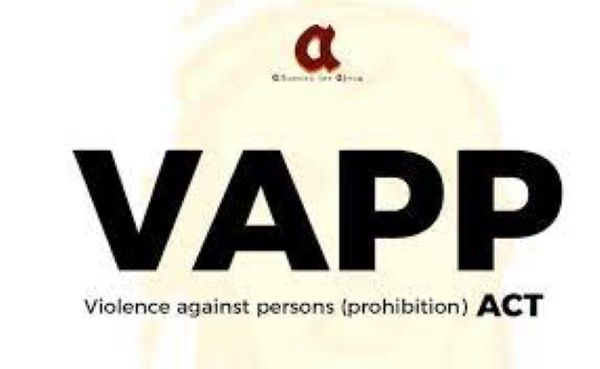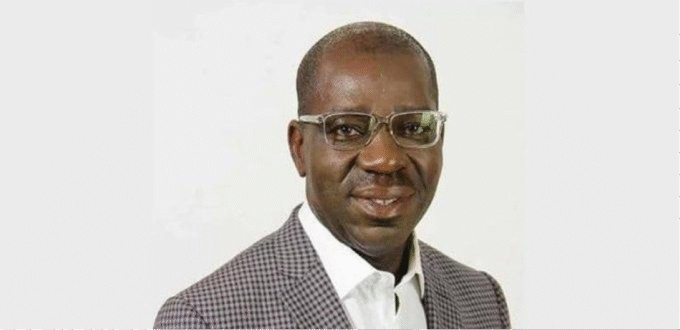Uzoma Mba
Nigeria’s removal from the Financial Action Task Force (FATF) grey list has been described as a strong vote of confidence in the country’s financial-integrity architecture and a boost for investor sentiment.
The global standard-setter for anti-money-laundering (AML) and counter-terrorist-financing (CFT) compliance announced Nigeria’s delisting at its October 2025 plenary, acknowledging significant progress in remedying strategic deficiencies identified two years earlier.
According to FATF, Nigeria demonstrated “substantial effectiveness” in key areas such as inter-agency coordination, risk-based supervision, and beneficial-ownership transparency — reforms that now bring its compliance framework closer to international benchmarks.
Reacting to the development, Iguehi Onokevbagbe, a Certified Anti-Money Laundering Specialist (CAMS) and former in-house counsel at the Central Bank of Nigeria, said the decision represents “a turning point for Nigeria’s regulatory credibility.”
“Delisting from the FATF grey list reinforces market confidence and demonstrates Nigeria’s ability to implement deep institutional reforms,” Onokevbagbe told ThisDay. “It underscores the progress made through coordinated supervision by the Central Bank of Nigeria, the NFIU, and the EFCC, as well as the growing adoption of technology-enabled compliance systems.”
Onokevbagbe, whose widely cited paper “Addressing Illicit Financial Flows in Nigeria: The Role of AML/CFT/CPF Frameworks” analyses Nigeria’s enforcement trajectory, cautioned that sustaining compliance is as critical as achieving it.
“Post-delisting, the priority must be institutional consolidation — building analytical capacity, ensuring effective feedback loops between regulators and reporting entities, and maintaining transparency in enforcement,” she said. “Financial-integrity gains can erode quickly if momentum slows.”
She added that the FATF decision should be leveraged to attract sustainable investment and strengthen correspondent-banking relationships previously strained by the grey-listing period.
“Global investors watch these signals closely. A credible AML regime reduces perceived risk and expands financial inclusion,” she explained.
Nigeria was placed on the FATF watchlist in February 2023 following concerns over implementation gaps and limited prosecution of financial-crime cases. Analysts note that its removal now restores Nigeria’s standing within the global financial community and eases cross-border transaction monitoring.
For compliance professionals like Onokevbagbe, the delisting marks both progress and responsibility.
“Nigeria has demonstrated that reform is achievable through commitment and collaboration,” she concluded. “The next challenge is to embed these reforms so that financial integrity becomes part of our institutional DNA.”

















Leave a comment